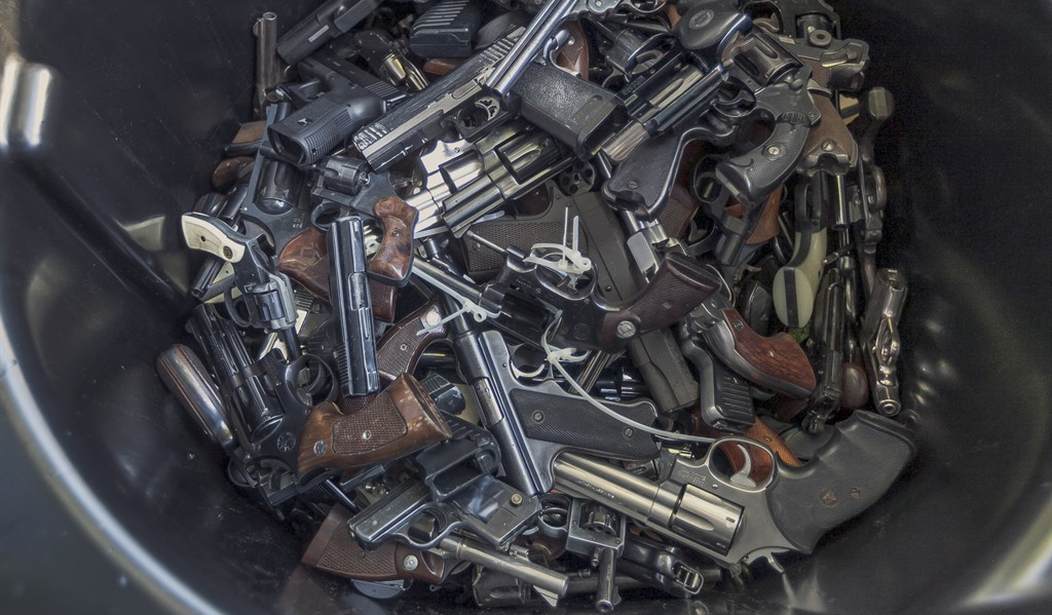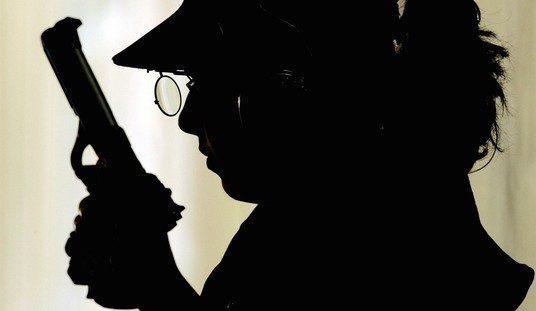When police confiscate firearms from those who are ineligible to own them, they have to do something with them eventually. After all, guns, even small ones, take up space in the evidence locker. Since these individuals are ineligible–meaning they’re likely felons or have been adjudicated as ineligible–they can’t exactly give them back. Further, if they’re stolen but the owners either didn’t report them as such or didn’t have a serial number for the weapons, they can’t be returned.
Police have to do something with them.
That’s the problem facing police in Provo, Utah right now.
Provo’s Police Department is held to strict regulations when it comes to caring for and getting rid of confiscated guns.
On Tuesday, the Provo Municipal Council realigned the city’s code to match the state’s code in the matter.
The Police Department has four firearms in its custody that it desires to dispose of by destroying them. One firearm was seized during execution of a search warrant, and all involved parties were denied ownership
…
Subject to the rules and procedures that follow, the Police Department may destroy firearms in its custody if it determines that the firearms are unfit for a public interest use or for sale.
Of course, that raises the question of just what defines “unfit for a public interest or for sale” in the first place.
Luckily, it seems police in Provo have an answer.
According to Doris Grant, supervisor of the evidence room, there are about 400 guns being held. Altered or damaged guns like those with rust must be destroyed.
Guns are sold through a wholesaler in Salt Lake City that is authorized by the state.
Guns being held are a wide variety and are typically a gun you could purchase from a gun store, according to King.
In other words, rust automatically disqualifies them from being sold.
That’s a mistake, in my opinion.
You see, it’s not that rust is a good thing for a firearm. Far from it. The thing is, rust comes in varying degrees. A bit of surface rust can be corrected easily enough and the firearm can be perfectly serviceable. Deeper rust on internal mechanisms may require more intensive work or the replacement of relevant parts.
But even some rusty guns can be brought back to life.
Most likely, the reason for this was because of liability concerns. After all, if they provide a defective weapon, they could open up the department for a lawsuit, but what if they sold these weapons with rust and things of that sort to people for the purpose of restoration. Maybe have people sign a waiver noting that these weapons aren’t deemed functional.
Frankly, I can see a number of hobbyists looking to restore firearms for their own personal amusement. I’ve done it before with a couple of pawnshop finds and it was actually pretty rewarding to do.
It could also help create a bit more revenue for the city. That’s kind of a win/win if you ask me.
Now, some guns may well be too far gone. I get that. In that case, there are scrap companies that deal with such things who would be happy to take those firearms off their hands.
But let’s not be too hasty on the others just because of a bit of rust.








Join the conversation as a VIP Member